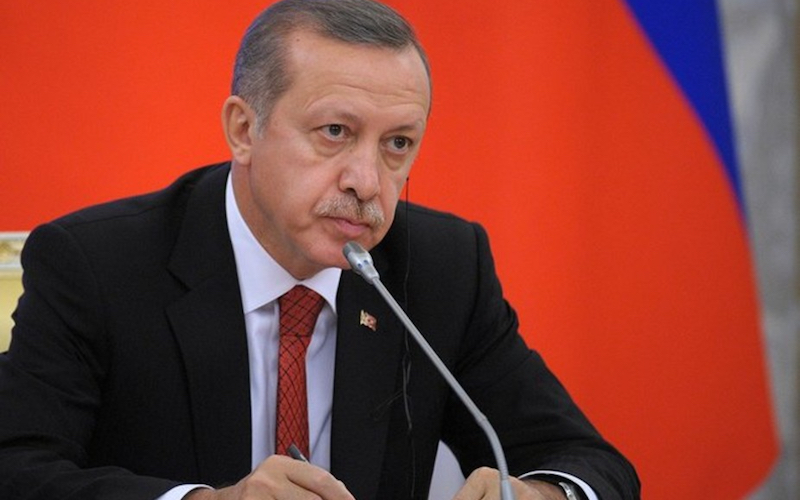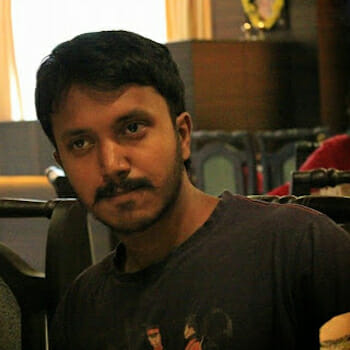
Erdogan’s Bid for More Power
The July 15 failed coup to oust President Recep Tayyip Erdogan raised eyebrows in the global intelligence community. It is not that military coups are an unprecedented phenomenon in Turkey, but Turkey’s national intelligence agency, the Millî İstihbarat Teşkilatı (MİT), was caught completely off guard. Nonetheless, post-coup the steadfast President Erdogan has termed the attempted coup “a gift from God” and launched intelligence reforms and actions that signify his intent to consolidate power.
Contrary to speculations over the dismissal of the MİT Chief Hakan Fidan on the grounds of inefficiency, Erdogan decided to retain him. In addition to Fidan’s retention, the structural reforms further highlighted the personality based security system preferred by Erdogan. The chief holding the rank of an undersecretary was previously assisted by four deputy undersecretaries. Now, with two departments being added- coordination and special operations- there are six undersecretaries. Notwithstanding, all these appointees are political appointees and the organization has been rightly criticized for turning the organization into AKP’s intelligence wing rather than a national security agency.
Erdogan, upon taking office, had initiated an institutional cleansing program to weed out potential dissenters because historically the MİT had been the cause for coups. Wary of military personnel who had been the leaders of the previous coups, Erdogan flushed the organization of military personnel and placed his associates and loyalists in key places. This also explains his reluctance to replace Fidan even after the coup attempt. The result, however, was low manpower, overstretched roles and reduced coordination with other departments and bureaucracies. More so, investigations conducted after the coup revealed that one of the issues faced by the intelligence community was a lack of coordination- partly due to archaic technologies.
During May 2015, Turkey passed a security law that gave relentless authority to the MİT to carry on covert operations. The failed coup was the clincher moment for Erdogan to increase operations abroad. The special operations unit has begun to flex its muscles with agents spread across Europe and America targeting Gülenists wherever found. In a startling revelation made by the German authorities, over 6,000 Turkish agents and informers had swarmed Germany, a larger number “than the East German Stasi secret police.” Similar allegations were made by Austria when its counterintelligence agency noted increased activities by expatriate Turks. However, it must also be noted that the MİT’s targets are not the Gülenists alone, but also the Kurds and Alevis who are perceived to be threats to Erdogan’s autocracy.
And in the Netherlands, there is an interesting case as it reveals, for the first time in recorded history, an intelligence agency using Imams as secret agents. Dutch authorities have exposed intelligence operations mounted by mosques of Diyanet, the Turkish Religious Affairs Directorate, on the Gülenists. According to one source, it is not just Holland but 38 other countries that were targets of ‘Imam Espionage.’ Espionage operations are funded and coordinated by pro-AKP groups in Europe such as European Union Turkish Democrats (UETD) and the financial association MÜSİAD. Neighboring Greece currently faces a serious challenge of restricting illegal entry of fleeing Gülenists from Turkey. Although the Turkish government is complicit in flushing these refugees into Greece, it would be sensible for Greece to be cognizant of Turkish intelligence activities in the rest of Europe before relaxing its border security. Erdogan’s paranoia stemming from the failed coup has resulted in a massive crackdown even on minute suspicions. The main target has been military personnel and more so, those serving in NATO. Many Turkish NATO officers have sought refuge in European countries over fears of assassination. Erdogan’s resolve to consolidate power will stretch the Turkish long arm into Europe.
Europe presently has two options. Firstly, individual countries can task their counterintelligence apparatus operations to receive a higher Turkish priority. Secondly, considering the mutuality of the threat, the European Union Intelligence Community (EU IntCen) can collectively work by sharing intelligence, both strategic and real-time intelligence, on Turkish intelligence operations in Europe. The IntCen released a report recently alleging that the Gülenists had no role in the coup and the government crackdown was planned and designed years in advance. The EU certainly stands to benefit from generating such reports that seek to manage international perceptions- a crucial component of psychological warfare.
The coup also left another question unanswered apart from the MİT’s intelligence failure. Being a member of the NATO, why did the US or any European power not warn Turkey about the impending coup? This is the question that is probably guiding MİT’s strategic assessments. Erdogan always suspected the Americans of bearing sympathy for the Kurds and the Gülenists. Understandably, his suspicions have multiplied and pushed Turkey closer to the Russians who shared communications intercepts with the MİT before the attempted coup began. The Russian tipoff at the crucial moment and the ongoing intelligence cooperation between the MİT, the SVR and the GRU in Syria has pushed Turkey closer to Russia.
The Russo-Turkish rapprochement is welcomed by Iran which wields significant influence in the region. Former US President Obama’s clumsy policies of non-intervention in the Middle-East paved the way for participation and competition among new entrants. Turkish intelligence has spent a long time playing a dirty game of cooperating with all warring parties in the Middle-East, terrorists, rebels and nations alike. But Erdogan and the MİT cannot afford the same path of ambiguity. While Turkish intelligence officers work relentlessly to maneuver the US foreign policy in favor of the AKP, the changing geopolitics of the region and uncertainty surrounding US policies have enforced greater cooperation with Russia and Iran with ostensibly a condition of limited interference in internal matters. However, intelligence liaison among the trio will largely depend on Erdogan’s Syria policy. For now, the MİT’s operations both abroad and at home are indicative of the organization being groomed to help Erdogan mobilize Turkish politics towards authoritarianism.

